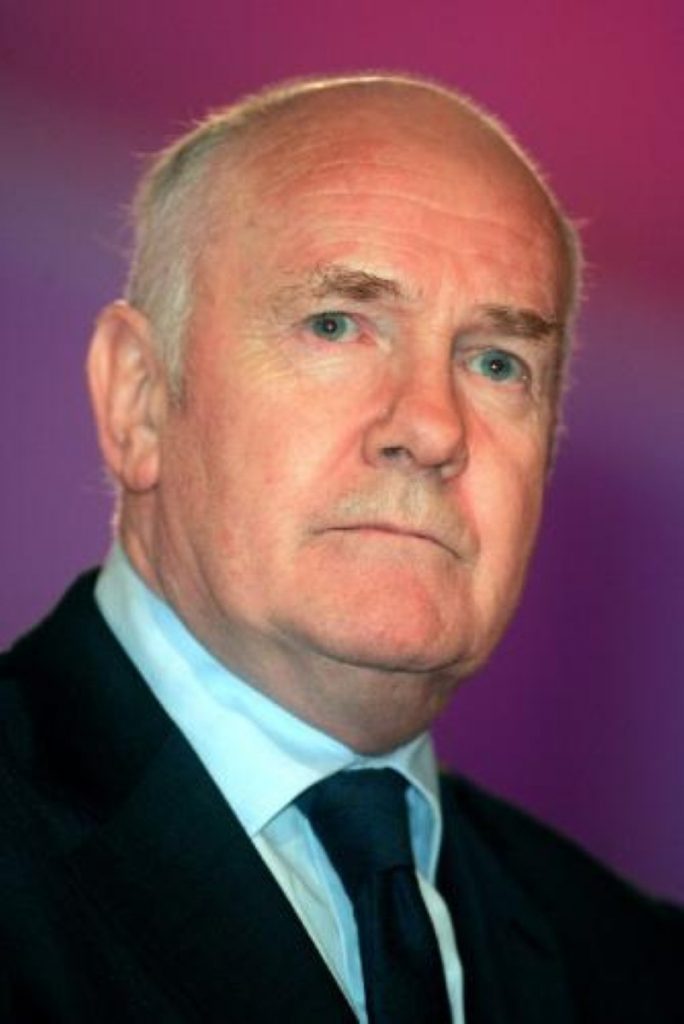Review accepts limited use of control orders
An independent review has concluded that the use of control orders for monitoring terrorism suspects is justified in a small number of cases.
The Home Office has published an independent review of terrorism legislation by Lord Carlisle, ahead of Thursday’s Commons’ vote renewing the Prevention of Terrorism Act.
Lord Carlile concluded that control orders are a “justifiable and proportional safety valve for the proper protection of civil society” and are “necessary given the nature of the risk of terrorist attacks and the difficult of dealing with a small number of cases”.
Control orders are used when security forces have suspicions about an individual, but lack sufficient evidence to mount a prosecution.


Welcoming Lord Carlile’s report, the home secretary John Reid said that control orders are an “essential measure to deal with suspected terrorists who cannot be prosecuted or deported”, adding that the government is committed to having the “strongest possible armoury to protect the public from terrorism”.
Mr Reid added: “The Prevention of Terrorism Act strikes the right balance between safeguarding society and safeguarding the rights of the individual. I hope that parliament recognises the importance of control orders and supports the renewal of the legislation for a further year.”
However, the Conservatives greeted Lord Carlile’s report with more scepticism, calling on the government to review all cases with the intent to prosecute.
The shadow home secretary David Davis said: “We have said from the beginning that it is better to convict and lock up a terror suspect rather than trying to hold him under less secure conditions.”
He pledged to seek an undertaking from the home secretary that the government will review all control orders with an “explicit intent” to prosecute individuals.
The Liberal Democrats also argued that control orders should not be used to avoid due process.
Lib Dem spokesman Nick Clegg said: “We always feared that control orders would be used to circumvent due process and avoid bringing people before the court. This report suggests those fears were well-founded.
“Any suggestion that control orders have been imposed where prosecution was possible is deeply worrying. The government’s absolute priority must be to get dangerous individuals who threaten the security of the nation into court to be prosecuted.”
Liberty reiterated its opposition to control orders, describing them as a “sloppy substitute for criminal law”. Director Shami Chakrabarti said: “Lord Carlile’s warm words don’t hide his cold feet”.
Last week the government suffered a setback when the High Court quashed a control order, ruling that an order which allowed a suspect to be held without trial breached his human rights.









